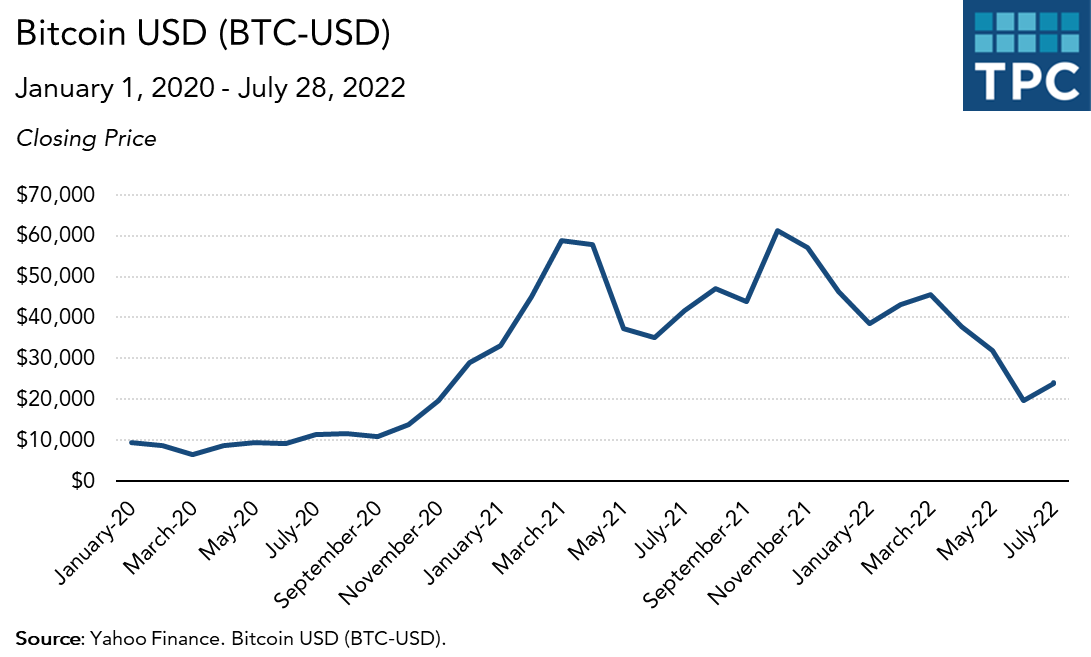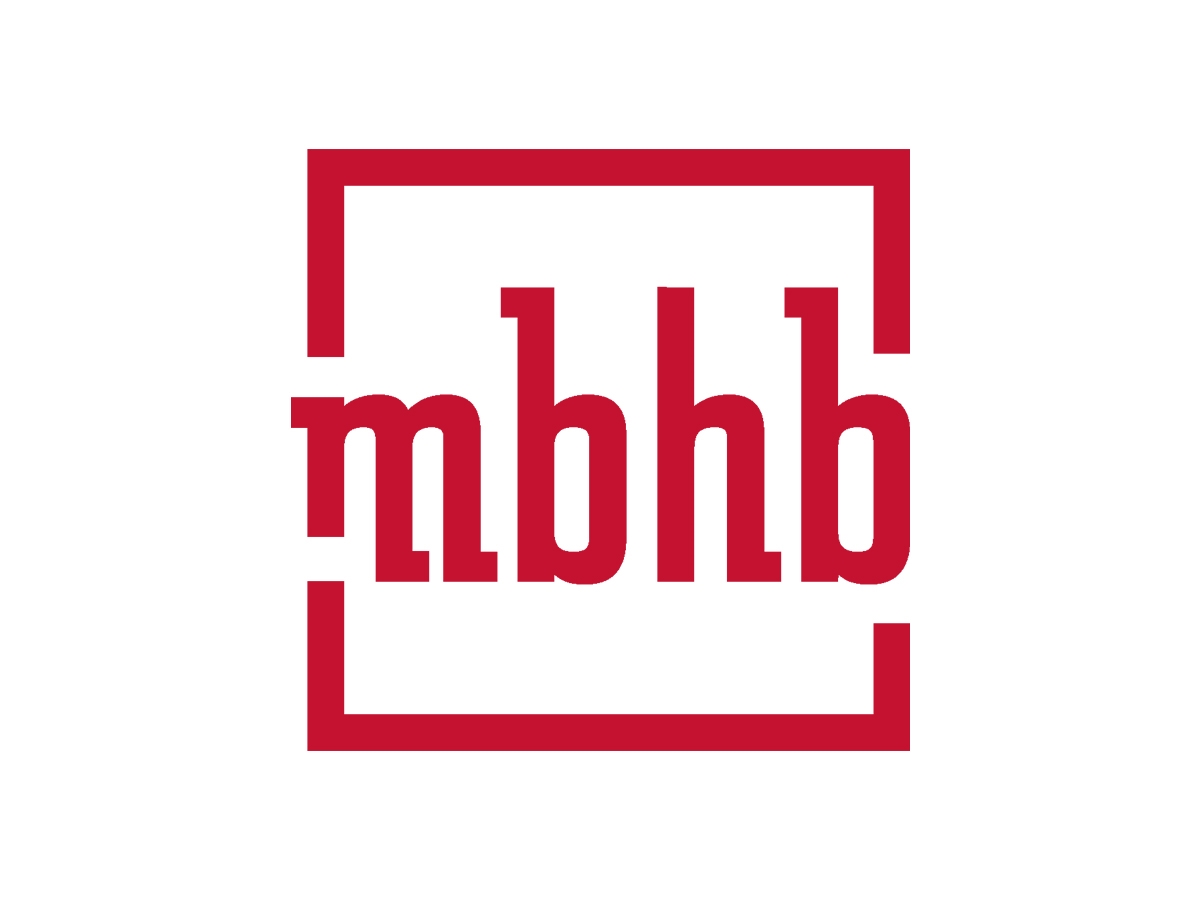Vidal Takes Next Step on Senators’ Call to Curb Inconsistencies in USPTO/FDA Statements
“Providing material information to other Government agencies, including the FDA, while simultaneously withholding the same information from the USPTO undermines both the intent and spirit of the duty of disclosure and violates those duties.”
Late last week, United States Patent and Trademark Office (USPTO) Director Kathi Vidal announced in a blog post that the agency had issued a notice in the Federal Register, which was published on Friday, to clarify the duties of disclosure and reasonable inquiry for pharmaceutical patent applicants, as well as parties to Patent Trial and Appeal Board (PTAB) proceedings. The notice was specifically targeted to parties proceeding before both the USPTO and Food and Drug Administration (FDA) and was issued in response to urging by Senators to establish interagency communications aimed in part at eliminating so-called drug patent thickets.
The Federal Register Notice (FRN) explained that the duties of candor and good faith “in the pharmaceutical space promote robust and reliable patents that incentivize and protect innovation that brings life-saving drugs to the American people while not unnecessarily delaying more affordable generic drugs.” Both the Senators’ September 2021 letter and last week’s FRN cited Belcher Pharmaceuticals v. Hospira and Bruno Independent Living v. Acorn Mobility as examples of cases in which applicants failed to make consistent statements to both agencies. In Belcher, the Federal Circuit affirmed a district court’s ruling following a bench trial that patent claims asserted by Belcher were unenforceable for Belcher’s inequitable conduct at the USPTO. The claims, which covered formulations of epinephrine (adrenaline) designed to degrade less inside of patients’ bodies, were issued to Belcher after Belcher represented to the USPTO that no prior art disclosed a particular pH range critical for the claimed epinephrine formulation. However, in a new drug application (NDA) filed with the FDA, Belcher, which had filed a literature-based NDA having no new studies on injectable epinephrine formulations, disclosed several prior art references that the district court found were but-for material to the patentability of Belcher’s claimed invention. Those references disclosed the critical pH range as well as impurity levels associated with that pH range.
Bruno Independent Living v. Acorn Mobility was a 2005 Federal Circuit decision in which inequitable conduct was found after patent claims covering a stairlift and owned by Bruno Independent were obtained from the USPTO without Bruno’s submission of prior art stairlifts that the company provided to the FDA to seek market approval of a stairlift covered by those claims. Similar to Belcher, Bruno Independent had argued to the Federal Circuit that the prior art disclosed to the FDA was cumulative of the prior art submitted to the USPTO, but the Federal Circuit found that withheld references disclosed a front offset swivel that would have prevented Bruno Independent from making certain claims about the invention’s novelty if the examiner was aware of the prior art.
The FRN reiterated that “providing material information to other Government agencies, including the FDA, while simultaneously withholding the same information from the USPTO undermines both the intent and spirit of the duty of disclosure and violates those duties.” Furthermore, as per GS Cleantech Corp. v. Adkins Energy LLC, “activities or documents associated with market testing, marketing, or commercialization by the patent applicant can also be material to patentability, and therefore, when material, should be disclosed to the USPTO.”
The Notice also advised that individuals should review documents it receives from other agencies to determine whether the information should be submitted to the USPTO. For example, patent owners who receive a paragraph IV certification as part of an abbreviated new drug application (ANDA) “should review such documents to determine whether they are material to the patentability of any pending matters before the USPTO, such as pending patent applications, reexamination proceedings, or issues in proceedings pending before the PTAB,” said the FRN. “If the content of the detailed statement, or other information that is part of the ANDA process, is deemed material to patentability in a pending USPTO matter, then such information must be submitted to the USPTO during the pendency of the matter, to meet the duties of candor and good faith and disclosure under 37 CFR 1.56, 1.555, 42.11(a) or (c), or 11.18(b)(2).”
Additionally, simply submitting the FDA’s listing of paragraph IV certifications to the USPTO does not satisfy the duty of disclosure, since those lists “do not include patent numbers, relevant claims, or an explanation of the basis for the certification.”
With respect to PTAB parties, the FRN said that, in addition to “each individual associated with a patent application (including a reissue application) or reexamination proceeding that is on appeal to the PTAB…the duty to disclose also extends to patent owners presenting substitute claims in an inter partes review or post grant review proceeding.”
Failure to comply with the Duty of Reasonable Inquiry, which requires that “each party presenting a paper to the USPTO, whether a practitioner or non-practitioner, has a duty to perform an inquiry that is reasonable under the circumstances,” can result in sanctions or other action under 37 CFR 11.18(c), including:
(1) striking the offending paper; (2) referring a practitioner’s conduct to the Director of Enrollment and Discipline for appropriate action; (3) precluding a party or practitioner from submitting a paper, or presenting or contesting an issue; (4) affecting the weight given to the offending paper; or (5) terminating the proceedings in the Office.
The FRN also warned against “deliberate schemes or established practices to prevent 37 CFR 1.56(c) individuals from obtaining knowledge of material information….” Such practices include “walling off the patent prosecution practitioners from the attorneys seeking FDA approval, as a way to prevent material information from being exchanged between the practitioners and attorneys.”
This is one in in a series of initiatives Vidal/ the USPTO are implementing in an effort to curb perceived abuses that contribute to higher drug prices.
Eileen McDermott
Eileen McDermott is the Editor-in-Chief of IPWatchdog.com. Eileen is a veteran IP and legal journalist, and no stranger to the intellectual property world, having held editorial and managerial positions at […see more]







